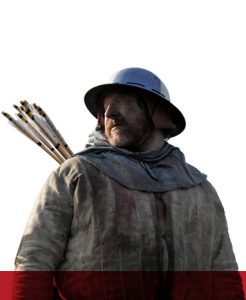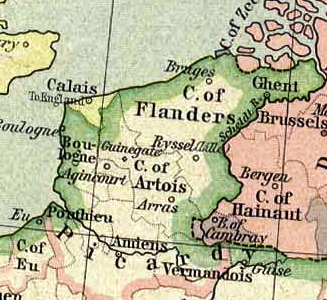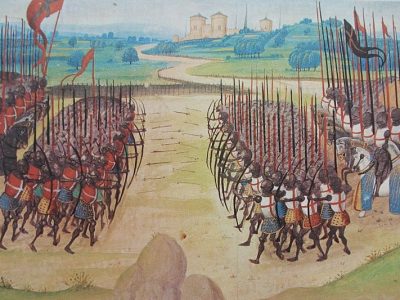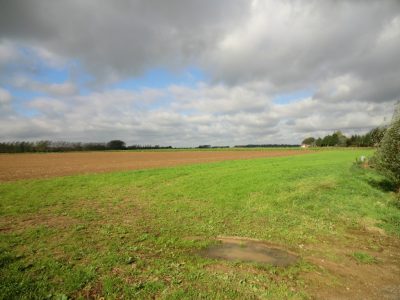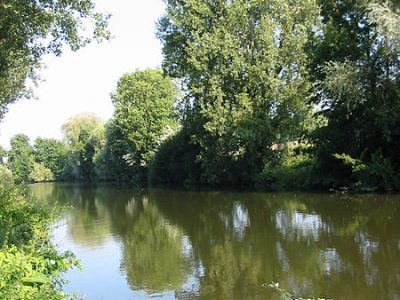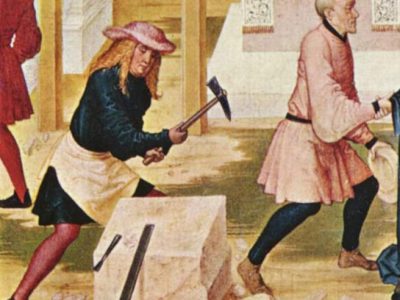23-29 November 1415 – Henry’s Procession into London
By Dan Spencer This is the last blog post on the website, as we have covered the period from November 1414 to November 1415. Thank you for taking in an interest in the story of Agincourt and be sure to take a look at the other articles on the website. On 23 November 1415, Henry returned to the city of London in triumph with the Corporation of London putting on extravagant displays of pageantry to celebrate the king’s victory. This evidently made a deep impression on contemporaries, with the chronicler... Read More
